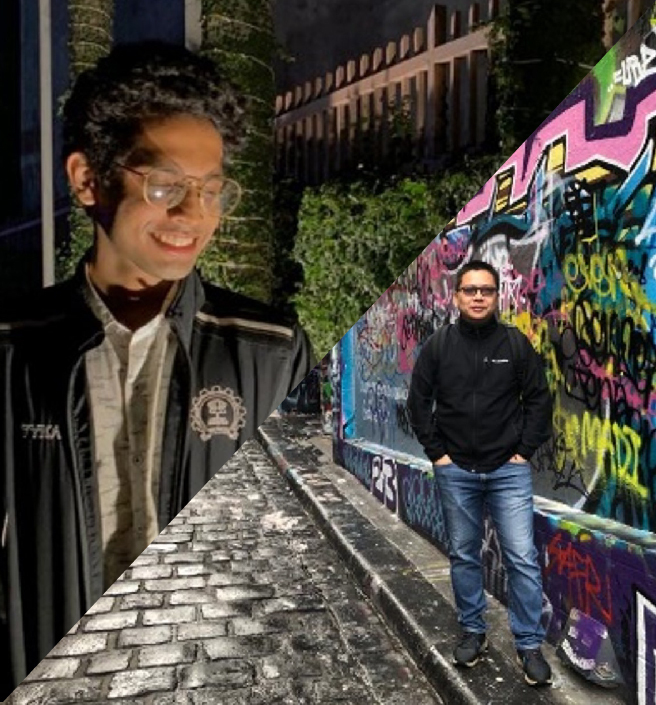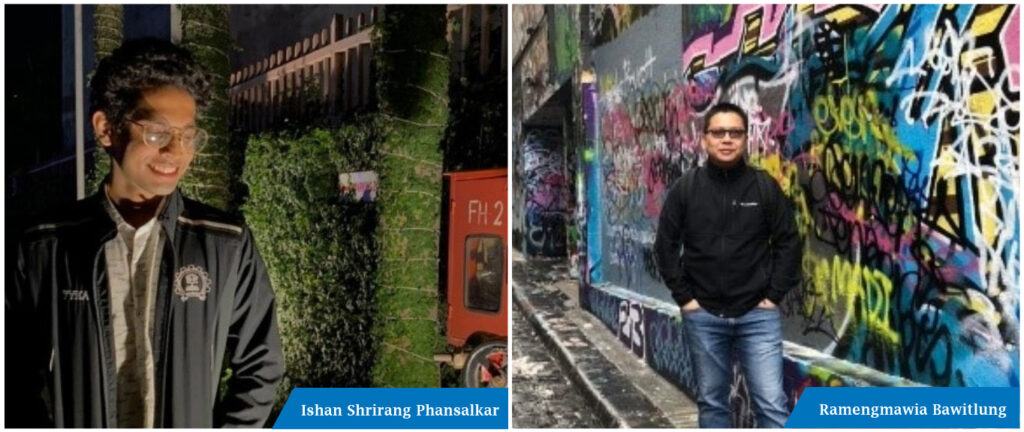Ishan: I joined IIT Bombay in July 2019 as a Dual Degree (BTech + MTech) student in electrical engineering. Last year I chose to switch to IITB’s Inter-Disciplinary Dual Degree Program and chose the Centre for Machine Intelligence and Data Science (CMInDS) for my MTech degree.
Ramengmawia: Thank you, it’s been an absolute honour. I completed my bachelor’s degree in Physics from the Madras Christian College, Chennai. Then I pursued my MA in Development and Labour Studies from the Centre for Informal Sector and Labour Studies (CISLS) in JNU, New Delhi. I continued with my MPhil in North East Studies at JNU from the Special Centre for the Study of North East India (SCSNEI) before finally coming here to HSS, IIT Bombay, for my Ph.D.



